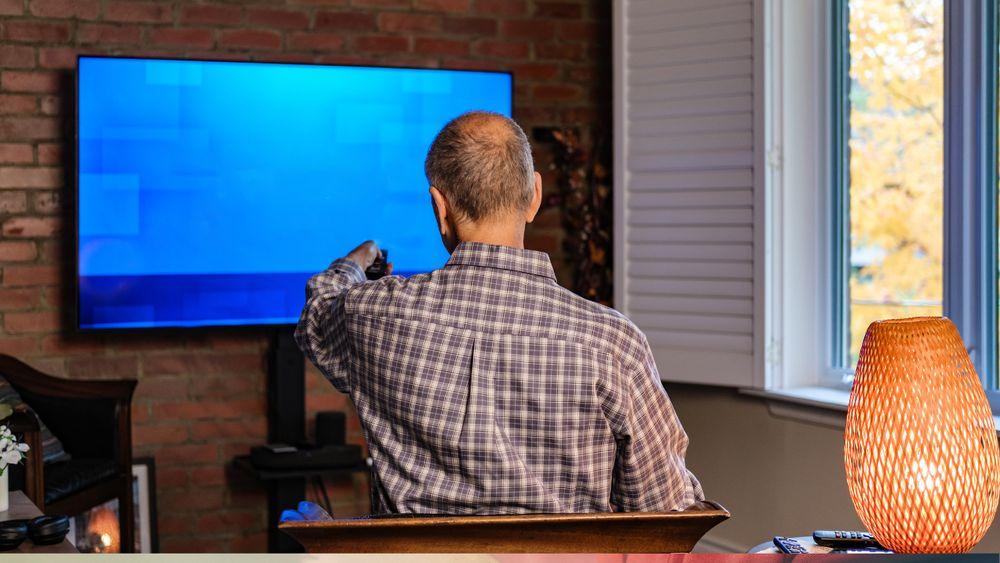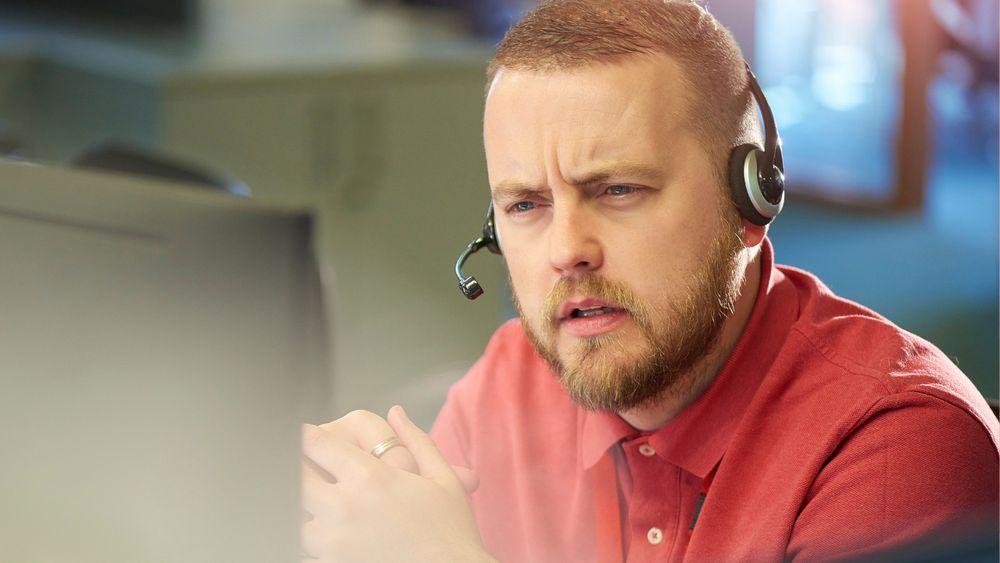It is possible that you have started to notice it recently: the dialogues of the movies are getting worse and worse. You may think that it is your problem, but the truth is that it is something more complex than you can imagine. The industry is aware of what is happening and it does not seem that anyone is remedying it.
You don’t hear a conversation well in a movie and you turn up the volume. Then you find that the rest of the audio is so loud that your ears seem to bleed from the pain. But you upload it because it’s the only way to hear what they say. And you have a lot of possibilities, like the actors aren’t vocalizing, you’re getting older, or your sound system has a problem. But neither one thing nor the other, the problem is different.
Experts admit it
As we tell you, all those possible reasons that we have mentioned in the previous paragraph, although they sound good, are not the explanation. The problem is simpler and more worrisome: the quality of dialogue tracks in movies and series is getting worse. Because? There are different specialists who talk about it and contribute their own theories, since there is no absolute explanation that explains it.

One reason is that production companies are deliberately sacrificing dialogue quality in exchange for cost savings. For example, to achieve the best audio in conversations it is necessary to place the microphones in specific places and, in many cases, with the use of a pole. But the problem is that this accessory usually increases the investment in post-production. Often, to get the best result, the microphone has to be above the actor and that is something that can cast a shadow. That shadow then has to be removed in post-production, which increases the cost. And, in general, the producers prefer not to invest the money in it.
There are more explanations
Another problem is technical. Experts remember that, when the sound was recorded analogically and not digitally, everything was easier. Maybe the technology wasn’t that advanced, but the dialogues, music and sound effects were in harmony and they weren’t in a constant fight like they are nowadays. With today’s technology, dialogue tends to be your weakest rival, and when you listen to a movie on TV without a sound system, your speakers are primed to give more weight to effects and music.

In addition to this, it is also known that dialogue that is recorded in low quality is very difficult to fix to make it sound better afterwards. Once they are recorded, there is not much alternative and, although different resources can be used, many producers prefer not to. For example, the director Christopher Nolan has recognized, on the occasion of the premiere of his latest film, Oppenheimer, that he has not wanted to use the technology that they have provided him to improve the dialogues. However, fans of this filmmaker know that one of his peculiarities is that he likes that the conversations in his films do not take center stage and that, in some cases, they are not even heard clearly.
Nor should we leave out of the equation the technology of the movie theaters themselves, where adjustments are made to the sound that do not usually benefit the voices. The situation, at this point, begins to be worrying as can be seen on the net. Because more and more people are complaining about the same thing and about the way in which this problem affects the movie viewing experience.

As of today, there is no solution. In the original article that has inspired us to make this news, the alternative is that all remote controls for Smart televisions incorporate a button to activate subtitles. But, being objective, it is not the solution that we are going to want to cling to to continue enjoying the cinema. The industry should rethink the way in which it invests in the sound of its recordings and thus manage to recover a more dignified listening quality, more typical of what we had in the past, but with current technology.














